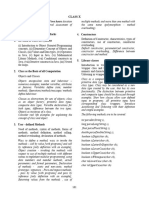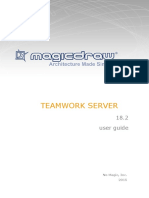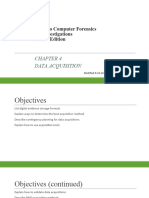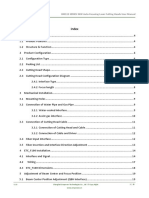0% found this document useful (0 votes)
17 views2 pagesUntitled Document
The document outlines a five-week revision plan for Class 9 Java syllabus, focusing on core programming concepts such as classes, methods, constructors, encapsulation, arrays, and string handling. Each week consists of daily topics, practice problems, and quizzes to reinforce learning. The final week emphasizes mixed practice, past papers, and a mock test to prepare for assessments.
Uploaded by
Akakya RoyCopyright
© © All Rights Reserved
We take content rights seriously. If you suspect this is your content, claim it here.
Available Formats
Download as DOCX, PDF, TXT or read online on Scribd
0% found this document useful (0 votes)
17 views2 pagesUntitled Document
The document outlines a five-week revision plan for Class 9 Java syllabus, focusing on core programming concepts such as classes, methods, constructors, encapsulation, arrays, and string handling. Each week consists of daily topics, practice problems, and quizzes to reinforce learning. The final week emphasizes mixed practice, past papers, and a mock test to prepare for assessments.
Uploaded by
Akakya RoyCopyright
© © All Rights Reserved
We take content rights seriously. If you suspect this is your content, claim it here.
Available Formats
Download as DOCX, PDF, TXT or read online on Scribd
/ 2























































































